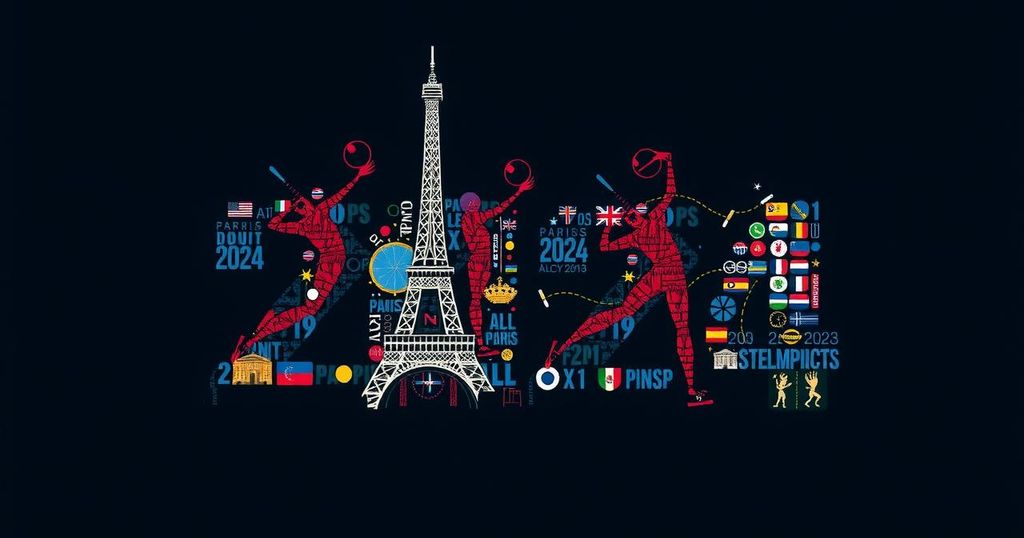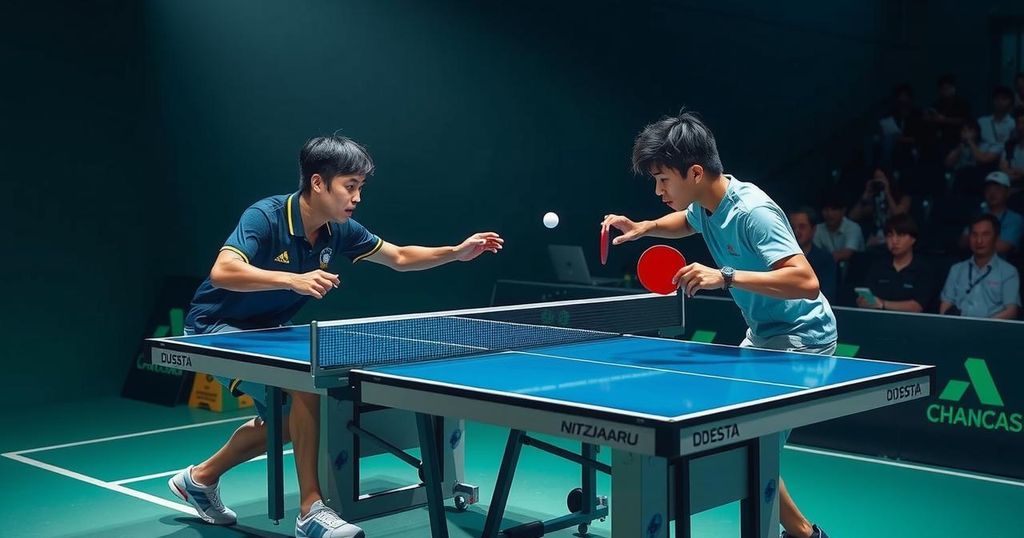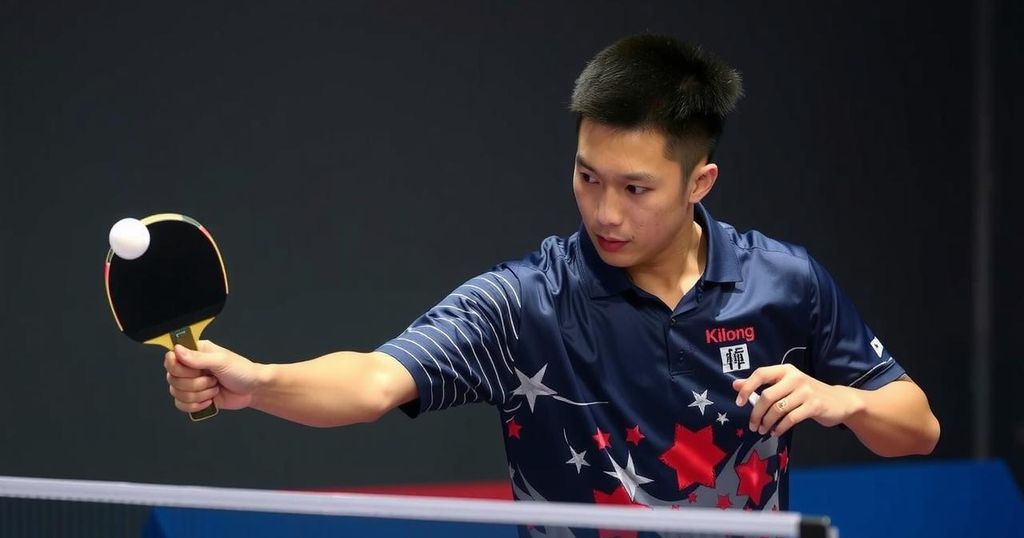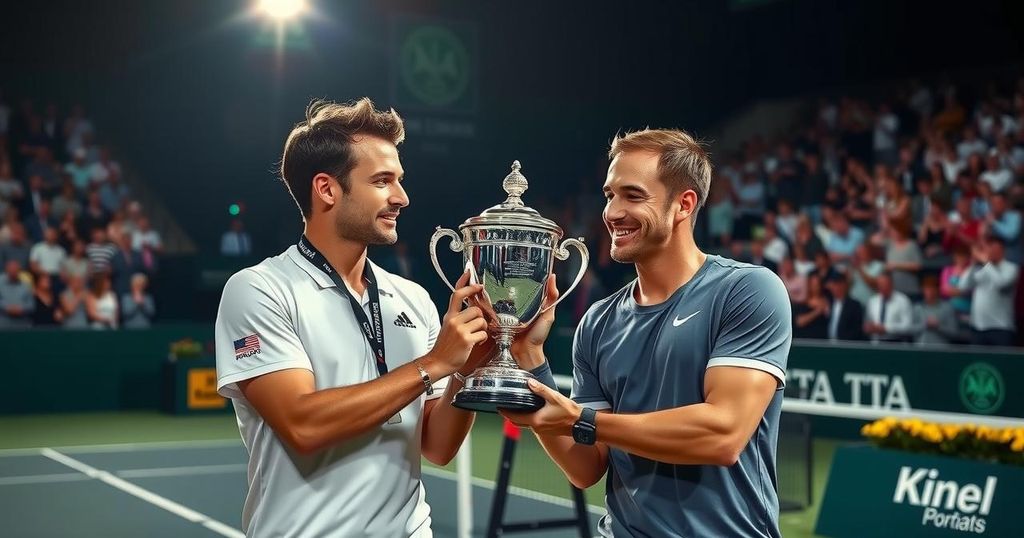The Spectacular Display of Judo at Paris 2024 Paralympic Games
Summary
The Paris 2024 Paralympic Games showcased exceptional judo, characterized by enthusiastic crowds and high-quality competition among athletes with disabilities. The rules closely mirror those of Olympic judo, with notable differences in grip techniques. This resulted in quick, dynamic contests filled with ippon throws, captivating the audience. Each team retained its national identity, exhibiting remarkable technical prowess and resilience. The event underscored the athletes’ dedication and the inclusivity of judo, paving the way for a new era in para-judo.
The Paris 2024 Paralympic Games showcased an extraordinary display of judo, characterized by spirited crowds and the emotive nature of competitive sports for athletes with disabilities. The competition’s quality and excitement were remarkable, underscoring its significance beyond mere participation. Judo rules remain largely consistent across both Olympic and Paralympic formats, with minimal variation. One important rule, applicable to both, mandates that when judokas approach the edge of the tatami, the same principles apply. While referees exhibit some adaptability, athletes have demonstrated remarkable capabilities, particularly blind J1 judokas, who can adeptly assess spatial awareness and center themselves on the mat. Notably, should an athlete voluntarily exit the competition area, they incur a shido penalty. A major distinction lies in the grip techniques. Contestants are required to engage in basic kumi-kata at the start and after ‘mate’, a factor that leads to early implementation of techniques, resulting in more dynamic encounters and swift ippon throws that enthralled the French audience. This grip engagement intensifies muscular tension and decreases the frequency of bouts concluding in golden score, yet when these duels do occur, they are often marked by thrilling contests. The Parisian audience displayed a deep appreciation for quality judo, enthusiastically supporting competitors from various nations. From a personal perspective, this event ranked among the most vibrant judo experiences I have encountered. Another intriguing observation is the retention of national team identities among judokas, regardless of disabilities. For instance, the Japanese exemplified technical proficiency and respect, while French athletes showcased strategic aptitude. The Georgian team showcased resilience, and the Brazilians balanced technique with athletic conditioning. These familiar traits persist even among teams where athletes train separately, prompting contemplation regarding the influence of training schools versus inherent athletic attributes. First-time observers of para-judo often express astonishment at the technical adeptness displayed by the J1 athletes, who are completely blind. Through rigorous training, these athletes arrived in Paris in peak condition, capable of executing techniques with remarkable precision, creating a sense of wonder as they adeptly navigate the mat, employing various judo styles. For J2 athletes, while their visual impairments necessitate different adaptations, their technical prowess often masks their disabilities, demonstrating that they compete on par with their Olympic counterparts. However, it is imperative to acknowledge the unique challenges that these athletes tackle daily—from mastering techniques in dojo settings to traveling for training and balancing sports with academic commitments. Acknowledging these struggles amplifies the appreciation of their accomplishments and capabilities. Overall, the judo events at the Paris 2024 Paralympic Games created lasting memories for participants, teams, officials, and the audience alike. I extend my gratitude to the International Judo Federation (IJF), International Blind Sports Federation (IBSA) judo staff, the organizers, volunteers, and all involved in facilitating this remarkable event. The Games marked a significant milestone for para-judo, highlighting unity in the sport, grounded in shared values and principles, regardless of athletes’ physical abilities. This sentiment resonated with both the audience and experts alike. In conclusion, Paris 2024 not only elevated para-judo to new heights, but also fostered a profound understanding of the dedication and resilience of all competitors, leaving an indelible mark on the future of the sport.
The Paris 2024 Paralympic Games served as a platform to showcase judo, a martial art that emphasizes technique and strategy rather than strength alone. With minimal amendments to the rules compared to traditional judo, the segment catered to a diverse range of competitors, including those with disabilities. The event drew significant attention and admiration, highlighting the athletes’ mental and physical endurance, training discipline, and tactical acumen. Through this international stage, judo exemplified inclusivity, skill, and unity among athletes irrespective of their physical starting points.
The success of judo at the Paris 2024 Paralympic Games exemplifies the sport’s commitment to excellence and inclusivity. The athletes demonstrated remarkable skill and determination, providing an inspirational narrative for judo lovers worldwide. The Games have indeed shaped a new era for para-judo while honoring the values that underpin the sport. Moving forward, the lasting impression of these performances will undoubtedly influence future competitions and broaden the appreciation for judo among diverse audiences.
Original Source: www.ijf.org








Post Comment